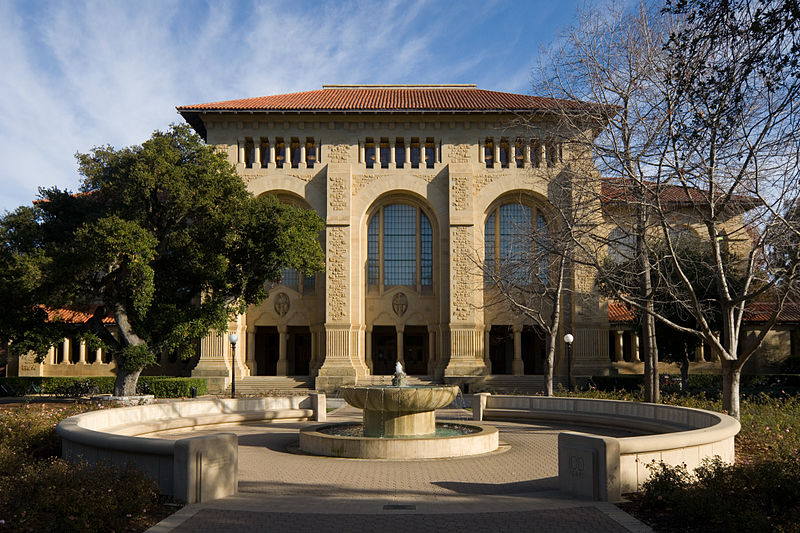A new archive titled “Histories of African Americans in Silicon Valley” is set to launch later this year as an online exhibit within the Silicon Valley Archives at Stanford Libraries. This archive aims to capture the experiences of the Black community who worked and lived in Silicon Valley.
Filmmaker Kathy Cotton’s work inspired the archive, and all of the footage from her work will be featured in the collection. After the showing of Cotton’s A Place At the Table: The Story of African American Pioneers in Silicon Valley, Cotton’s friend introduced her to Henry Lowood, Curator for the History of Science & Technology Collections at Stanford Libraries, and Leslie Berlin Ph.D. ’01, a historian at Silicon Valley Archives — marking the birth of the archive.
Lowood is the main curator for the “Histories of African Americans in Silicon Valley.” He said that as he worked on this project, he learned that “there hasn’t been a lot of contact between the people we are talking to and the institutions like the Stanford libraries and museums,” leading to less representation for the Black community.
Alesia Montgomery, who is in charge of collecting interviews for the collection, said she was “excited” when she first heard about the project. “There’s a particular need for preserving the history of African Americans in the Bay Area, especially in Silicon Valley,” Montgomery said.
The archive will highlight the contributions of the Black community to Silicon Valley. Cotton wants researchers and students to come to the archive “to fill in gaps where minorities were overlooked” in history. People can get “inspiration and use them for strategic theorizing for personal and social goals” as archive visitors can find narratives they relate to, according to Montgomery.
Cotton hopes the archive will challenge stereotypes about the Black community and show that “what you see on TV is exactly entertainment and television, not all reality.”
Stories in the archives will include interviews from Max Pearl, a science fiction writer, software developer and former neuroscientist at Hampshire College. Cotton and her husband will also be featured in these interviews.
Montgomery has noticed interesting thematic patterns in her interviews so far. Montgomery learned that “some families coming to California were fleeing racial terror in the South.” More specific to the tech industry, interviewees said that there is difficulty in “getting an engineering education” for Black students in Silicon Valley.
The archives are not “just about inventing something or starting a company,” Lowood said. “It’s also about the way that communities and families lived in the Bay Area.”
Lowood and Montgomery both said that there have been sourcing challenges in creating the archive.
When building the larger existing Silicon Valley archives, Lowood reached out to companies for documentation on its history and founders. However, Lowood said this method would not work for documenting Black stories.
“There’s an almost invisibility around the community and the work that they did,” Lowood said. “It’s very likely that community members who have documentation won’t come to the archive because there aren’t relationships yet.”
Montgomery said that many potential interviewees were quite elderly, and those behind the collection have faced challenges reaching these people, especially in a pandemic. Another challenge in sourcing documentation for the archive “is that the African-American community is not monolithic,” according to Montgomery.
“It’s important to include the stories and the perspective of people who come from wealthy families, working-class families, and more to get a really rich recording of the struggles and achievements of the people in the African-American community,” Montgomery said.
The “Histories of African Americans in Silicon Valley” is still in its early stages of construction. Lowood hopes that an in-person exhibit at Green Library may be possible in early 2022.
